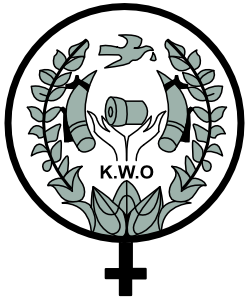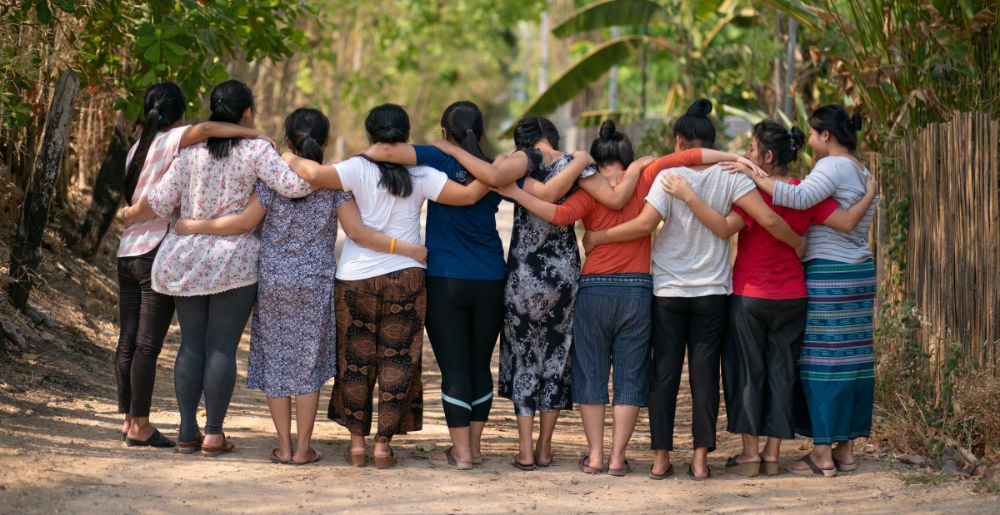Goal: To educate women in IDP areas and give them vocational and life skills training, building their confidence and skills to work for the community and increase women’s participation in all levels of decision-making.
This project for women among the Internally Displaced People in Karen State has been running since 2005 in 6 districts. There are two parts to the project:
Women’s Empowerment: This project aims to provide skills and knowledge training to local KWO leaders inside Karen State and build their capacity in community management. Over the course of the project, KWO has trained 10 permanent trainers, and also provides refresher courses for them when necessary. In 2009-2010, those 10 permanent trainers conducted 9 training sessions on Leadership and Management skills for IDP women.
Basic Level: The training instructed participants in: forms for organizational reporting and financial reports, customary law, women’s protection
Advanced Level: designed for senior district leaders the advanced level training covered: the KWO constitution, basic accounting,report writing, office management, leadership skills
The majority of participants in the training sessions were Karen women who live in the IDP areas of Karen State, Burma, aged between 18 and 60. All of them are KWO position holders in their areas. A small number of male leaders from each community also participated.
Through this program KWO empowered 199 local women through 10 KWO-trained representatives during 9 training workshops
Vocational Skills Training:
KWO conducted vocational skills training in loom weaving and in sewing.
-
5 loom weaving training courses were conducted with 21 participants across 3 districts. At least 12 big looms were provided to those communities.
-
6 sewing training courses were conducted across the two-year period, involving 43 participants. 23 sewing machines were given to communities in four districts.
The women learnt basic skills and practiced making garments. These skills were later used when commissioned by other KWO projects to make clothes and other goods. This allows women to earn income for their family, and gives the communities a valuable skilled worker. Communities were also provided with equipment (big looms and sewing machines) to be owned and used collectively, and so they can continue to develop income revenue.
Conducted 5 loom weaving training courses and 6 sewing training courses for participants across 4 districts of Karen State


